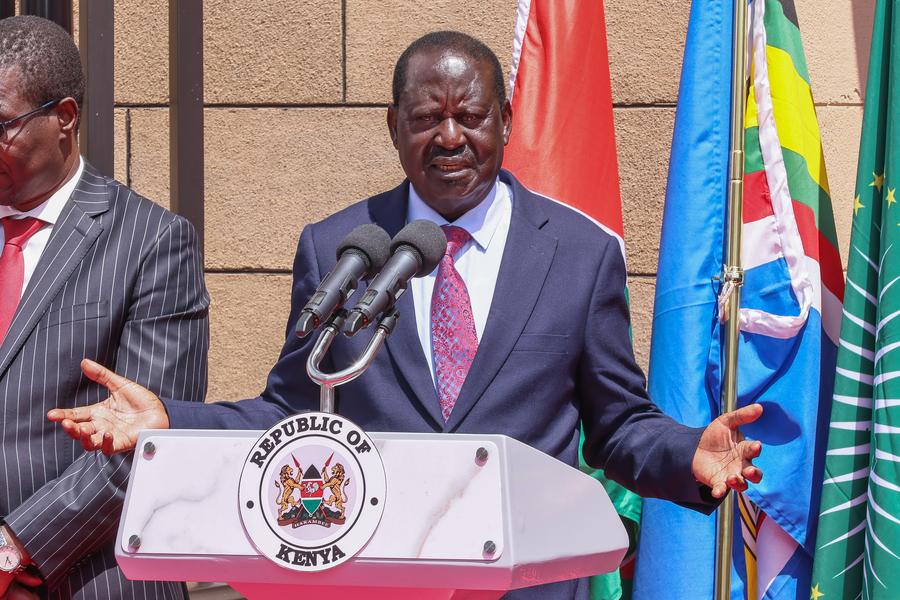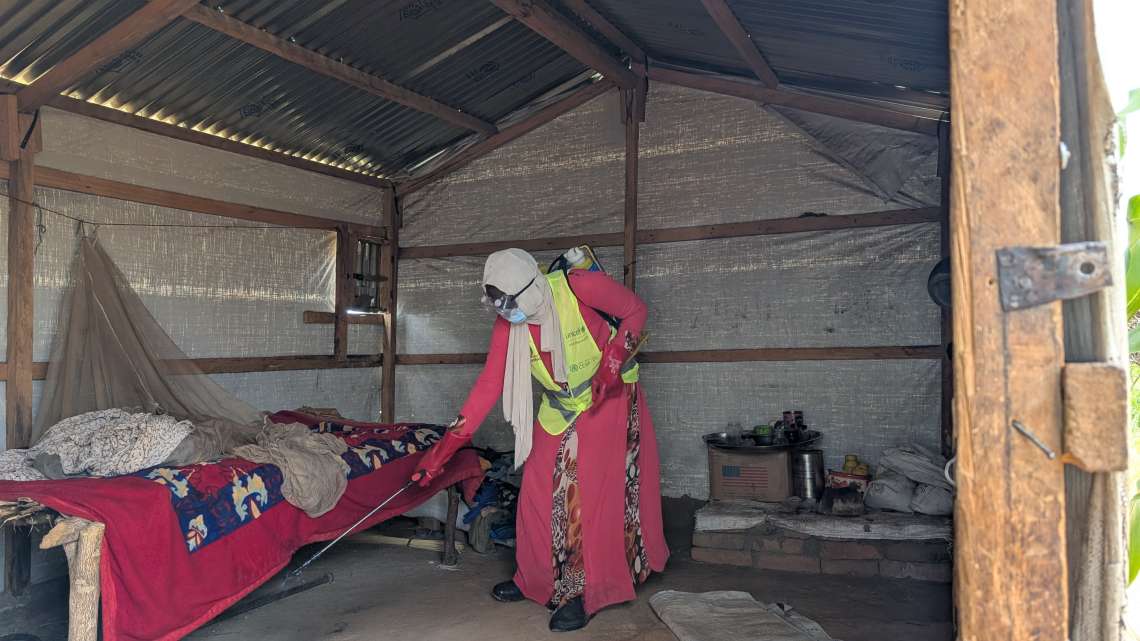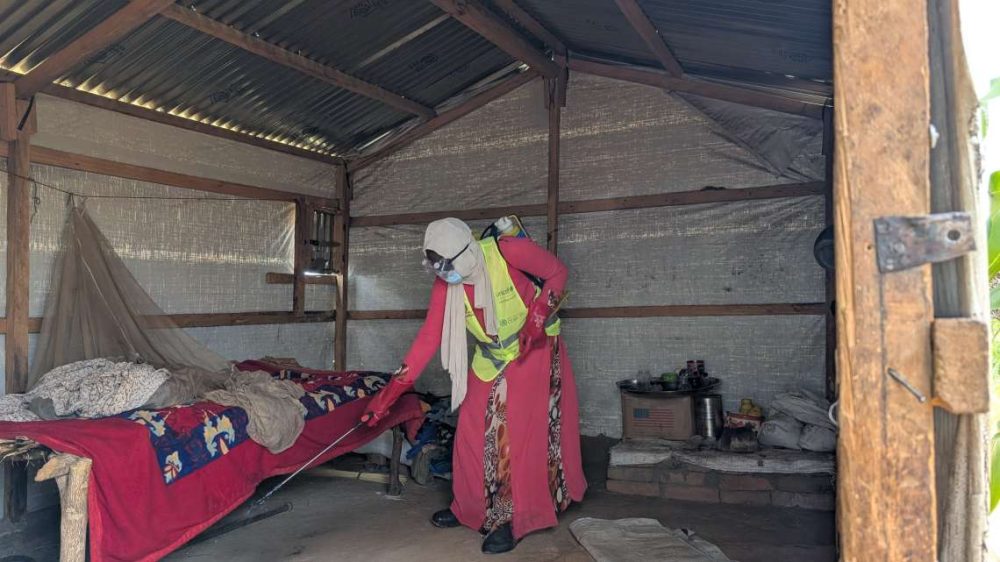An end to excessive use of antibiotics in the continent’s livestock farms is crucial to minimize the threat to human and ecological health…reports Asian Lite News
There is an urgency for African countries to fast-track the phasing out of antibiotic use in livestock production in order to halt the spread of superbugs, a campaigner said Thursday during the World Health Day.
Tennyson Williams, the director for Africa at World Animal Protection said that an end to excessive use of antibiotics in the continent’s livestock farms is crucial to minimize the threat to human and ecological health.
Williams said in a statement released in Nairobi, the Kenyan capital that it is high time that African policymakers worked on a modality of phasing out the use of antibiotics amid the spread of superbugs that undermined the resilience of local communities.
“The animal farming industry must stop routinely giving antibiotics to groups of animals with no infection or signs of disease to protect human health and that of natural environment,” said Williams.
While decrying excessive antibiotic use in the rapidly growing industrial livestock farming in Africa, Williams called for a shift to organic and nature-friendly production of milk, eggs, beef and pork, to cushion watersheds, soils and other vital ecosystems from pollution.
ALSO READ: Covid-19 puts B’desh ‘health’ in peril
Adoption of higher animal welfare practices could be the solution to antibiotic resistance in a continent grappling with other public health challenges like spread of vector-borne diseases, said Williams.
He noted that the World Health Organization(WHO) has already developed guidelines for ending use of antibiotic to boost growth of farmed animals and treat diseases, adding that their adoption in Africa would be a boon to the continent’s public health systems.
Williams added that superbugs that are fueled by inappropriate use of antibiotics have become a global health emergency that has taken a heavier toll on low-income African economies.













